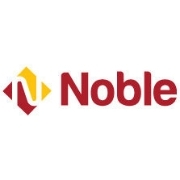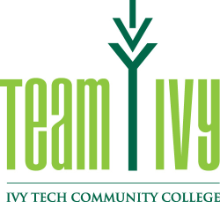About Job
The purpose of this position is to participate in the service, training, consultative, and other professional activities of a rehabilitation treatment program. As a member of the multidisciplinary team, the position assists physicians and other professional/non-professional personnel in a rehabilitation treatment program. This class works under general supervision, independently developing work methods and sequences. Â
The essential functions listed below are those that represent the majority of the time spent working in this class. Management may assign additional functions related to the type of work of the class as necessary.
The essential functions listed below are those that represent the majority of the time spent working in this class. Management may assign additional functions related to the type of work of the class as necessary.
- Responds to calls for assistance and patient crisis as needed. This may include advocating for their needs to stabilize a crisis.
- Meets with patients regularly to provide them with support and assistance in navigating the process of treatment and recovery.Â
- Maintains communication with patients through personal contact such as phone calls or visits.Â
- Performs community outreach, informing people of the peer services available to the patient.
- Uses person-centered methods to assist patients in choosing, obtaining, and keeping individualized wellness and healthy lifestyle-related goals.Â
- Supports patients with identifying health and wellness goals to achieve and sustain recovery from substance misuse and substance use disorders.Â
- Asks facilitative questions to support patients in gaining insight into their personal situations.
- Empowers patients to find solutions for their health problems and concerns.
- Guides patients in assessing recovery capital-the internal and external resources necessary to achieve and sustain recovery.Â
- Informs the multidisciplinary team of any changes in the patient's mental or physical health that may impact the recovery process.Â
- Provides structure and support to promote personal progress and accountability.
- Provides ongoing assessment of strengths and gaps to help build a solid foundation in recovery over time.
- Compiles and shares wellness and healthy lifestyle resources for patients, other staff and supporters.
- Selectively uses self-disclosure to inspire and support.
- Completes all required documentation in a timely, legible manner.
- Educates professional staff about the recovery process and the damaging role that stigma can play in undermining recovery.
- Visits community resources with patients using services to assist them in becoming familiar with potential opportunities.
- Ensures confidentiality of individual information.
- Assists in the orientation process for persons new to receiving behavioral health services.
- Performs related work as assigned.
- Requires High School graduation or GED equivalent supplemented by specialized courses/training equivalent to completion of one (1) year of college.
- Requires a short demonstration up to and including one month of related experience or an equivalent combination of education, training, and experience.
- Requires a minimum of two years of sustained recovery experience.Â
- Certified Peer Support Specialist and Substance Abuse Specialist certifications.
Professional Field
 Other Behavioral, Mental, or Healthcare Field
Other Behavioral, Mental, or Healthcare Field Peer Specialist
Peer SpecialistPatient Focus
Diagnoses
Avoidant Personality Disorder
Substance-Related and Addictive Disorders
Issues
Aging
Substance Abuse
Therapeutic Approach
Methodologies
ECT
Modalities
Individuals
Practice Specifics
Populations
Peer Support
Individuals with Addiction Issues
Victims of Crime/Abuse (VOC/VOA)
School
Settings
In-patient Non-Psychiatric
In-patient Psychiatric
Private Practice
Research Facilities/Labs/Clinical Trials
Residential Treatment Facilities (RTC)
Substance Abuse Treatment Facilities
Home Health/In-home
Forensic
Sign up for job alertsGet daily alerts for jobs relevant to you, sent to your inbox











